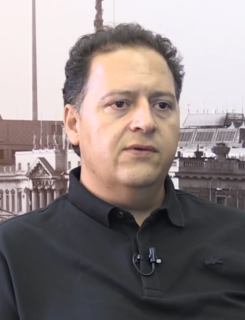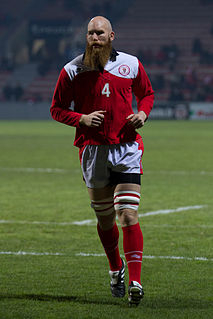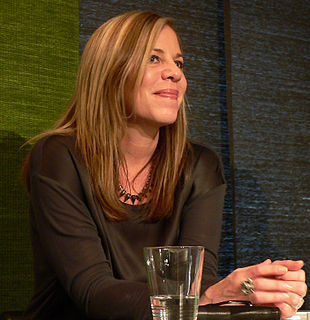A Quote by Stephen King
I never have a thematic intention at the outset. The story informs the theme for me rather than the other way around. But as it happens... this is, at least to a degree, about getting old and the rapid passage of our lives.
Related Quotes
The imagined memories had to have as much weight as the real, or we had to at least pretend they did to such a degree that they just very well might have. And so I never questioned Angela about that particular story, or about all the troubling things that it pointed to, content to believe that at least in this version things worked for her better than they did in the one I never heard.
To me, feminism in literature deals with the female characters being in some way central to the thematic concerns of the book, or that they are agents of change to some degree. In other words, the lens is focused deeply and intensely on the female characters and doesn't waver, which allows for a glimpse into the rich inner lives of the characters.
I try to structure albums in a pattern, like in a way where there's a motif that runs throughout or some kind of conceit that informs it in a general way. Maybe it's in a harmonic key. I like to go metastructural sometimes, like look at more than the three-minute passage and how that interacts with other pieces. And I've been increasingly interested in false starts and fraudulent beginnings, and things that don't reach their implied conclusions. I take an album and I kind of start moving things around like Jenga.
We all perform our lives in a way. And the actor is a perfect metaphor to get at that theme of 'how do we find our authentic selves?' And that we all - whether we're actors or not - perform ourselves. As a way of searching. As a way of fumbling around and trying to say, is this my voice? Is this who I am?
We all perform our lives in a way. And the actor is a perfect metaphor to get at that theme of "how do we find our authentic selves?" And that we all - whether we're actors or not - perform ourselves. As a way of searching. As a way of fumbling around and trying to say, is this my voice? Is this who I am?
Ultimately, one of the best ways to take care of our souls is to build a society that supports rather than undermines our highest moral and spiritual intuitions and inclinations. Yet, building that society can never be divided from the daily practices through which we live out our ethical and spiritual lives, both in the way we treat others around us, and in the way we nourish the God within us.
I was thinking about framing, and how so much of what we think about our lives and our personal histories revolves around how we frame it. The lens we see it through, or the way we tell our own stories. We mythologize ourselves. So I was thinking about Persephone's story, and how different it would be if you told it only from the perspective of Hades. Same story, but it would probably be unrecognizable. Demeter's would be about loss and devastation. Hades's would be about love.

































